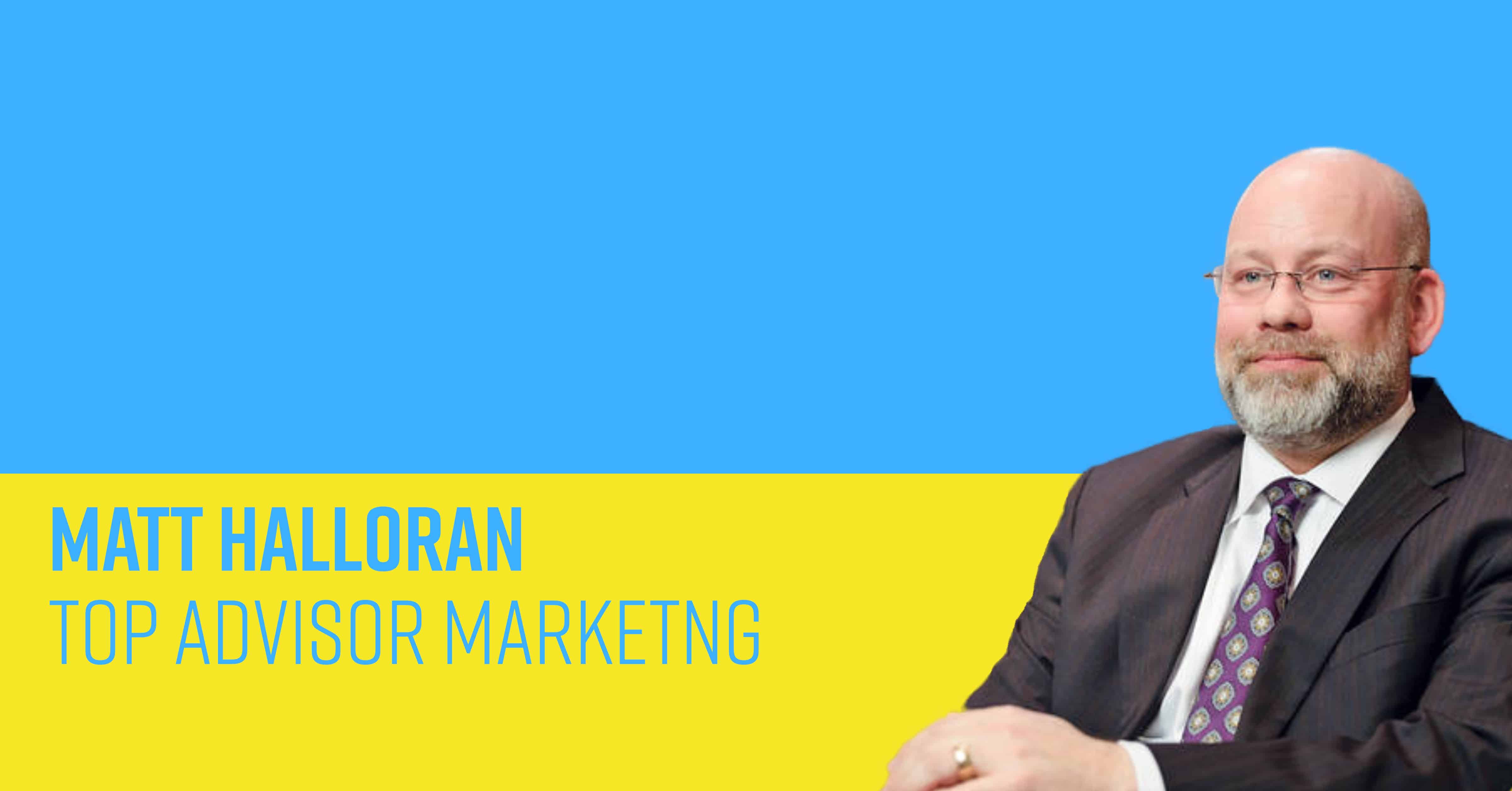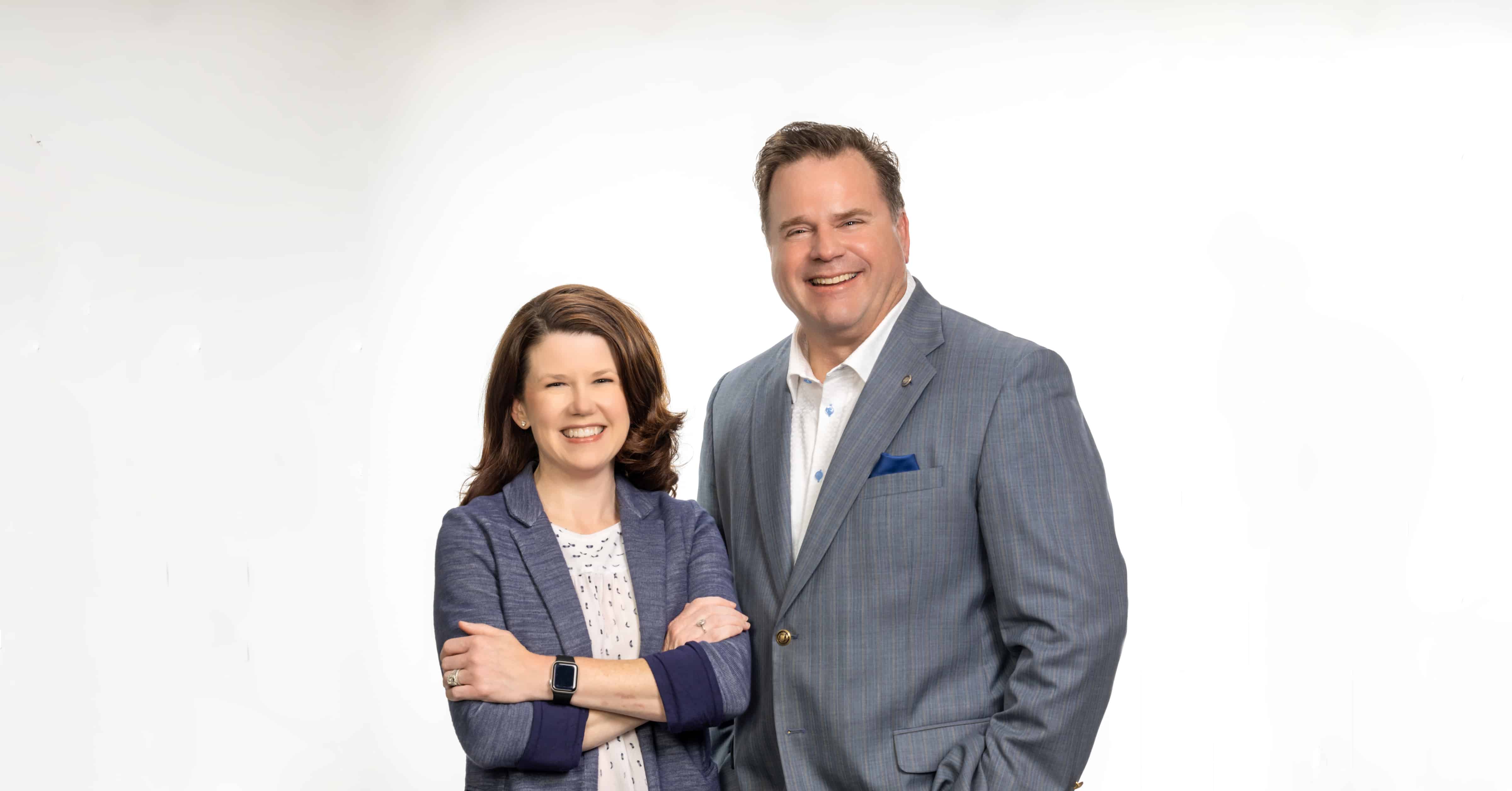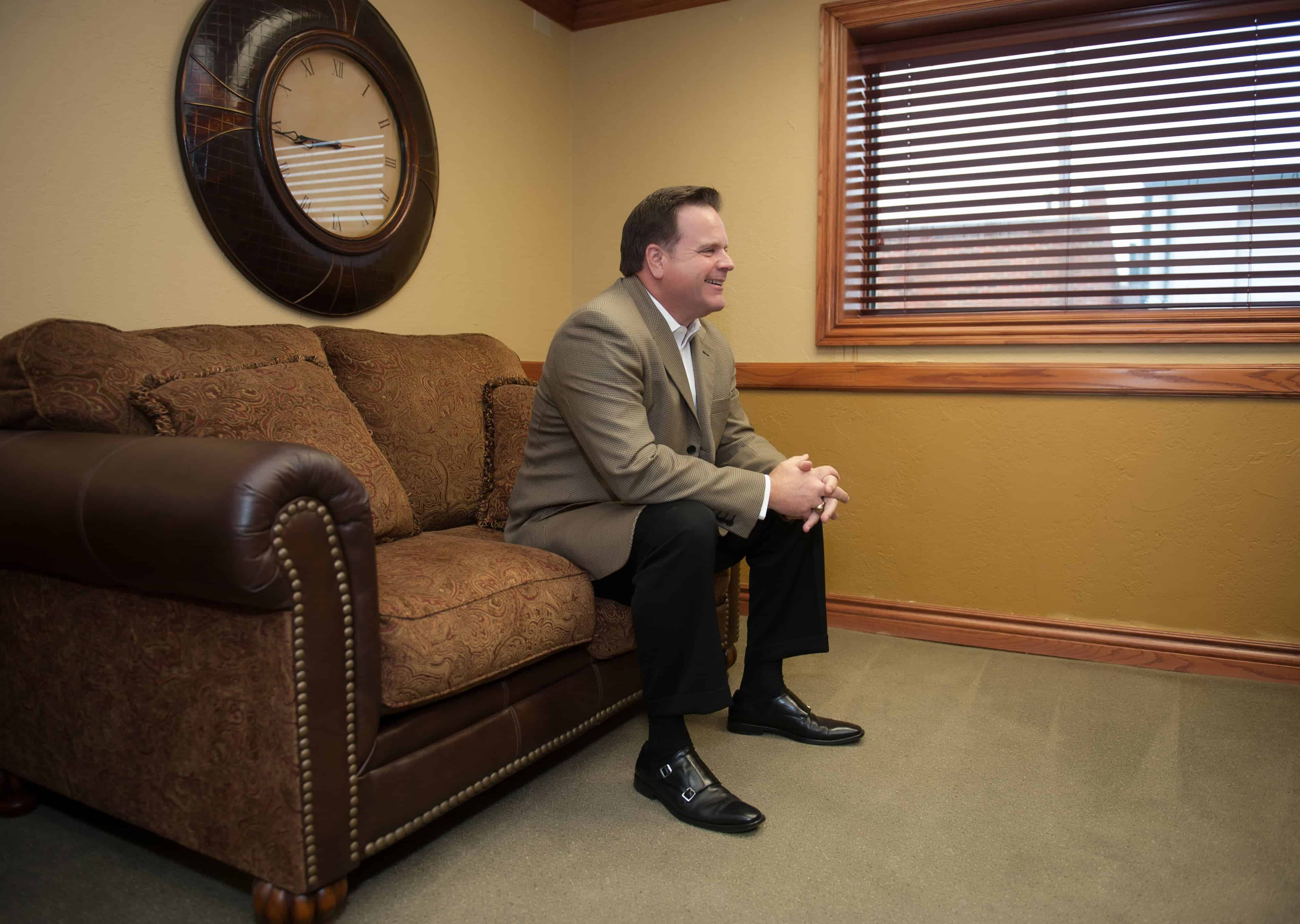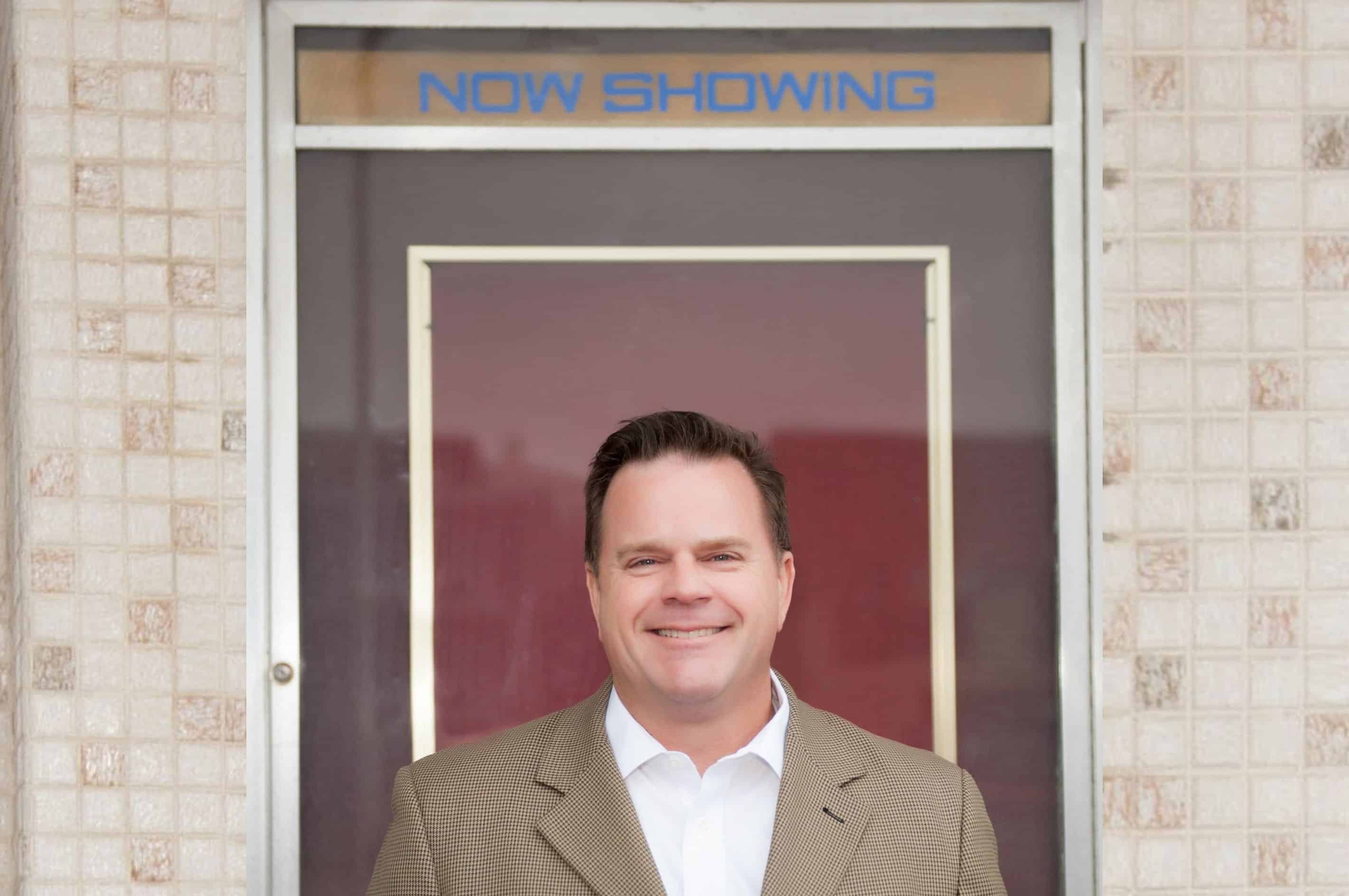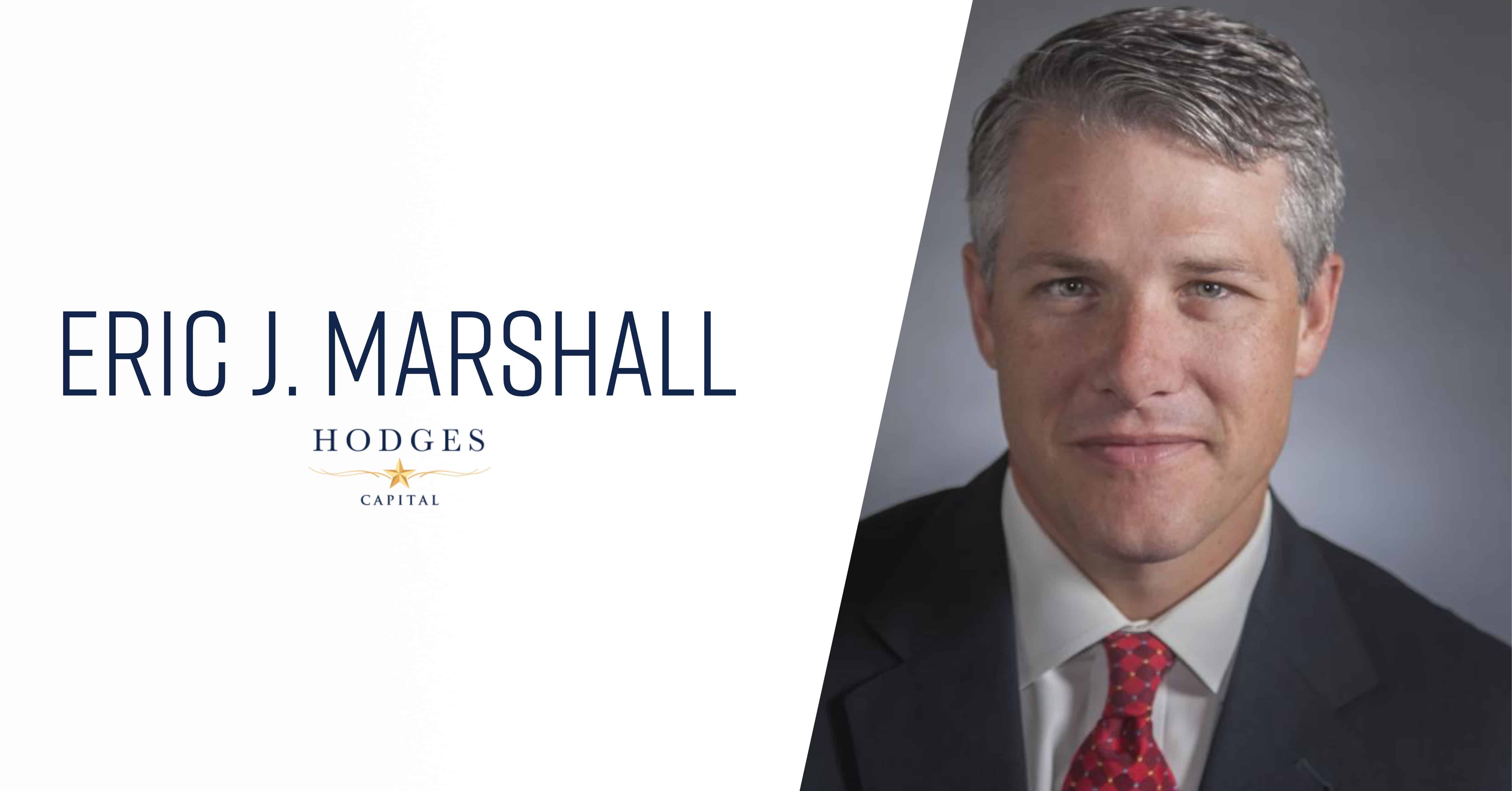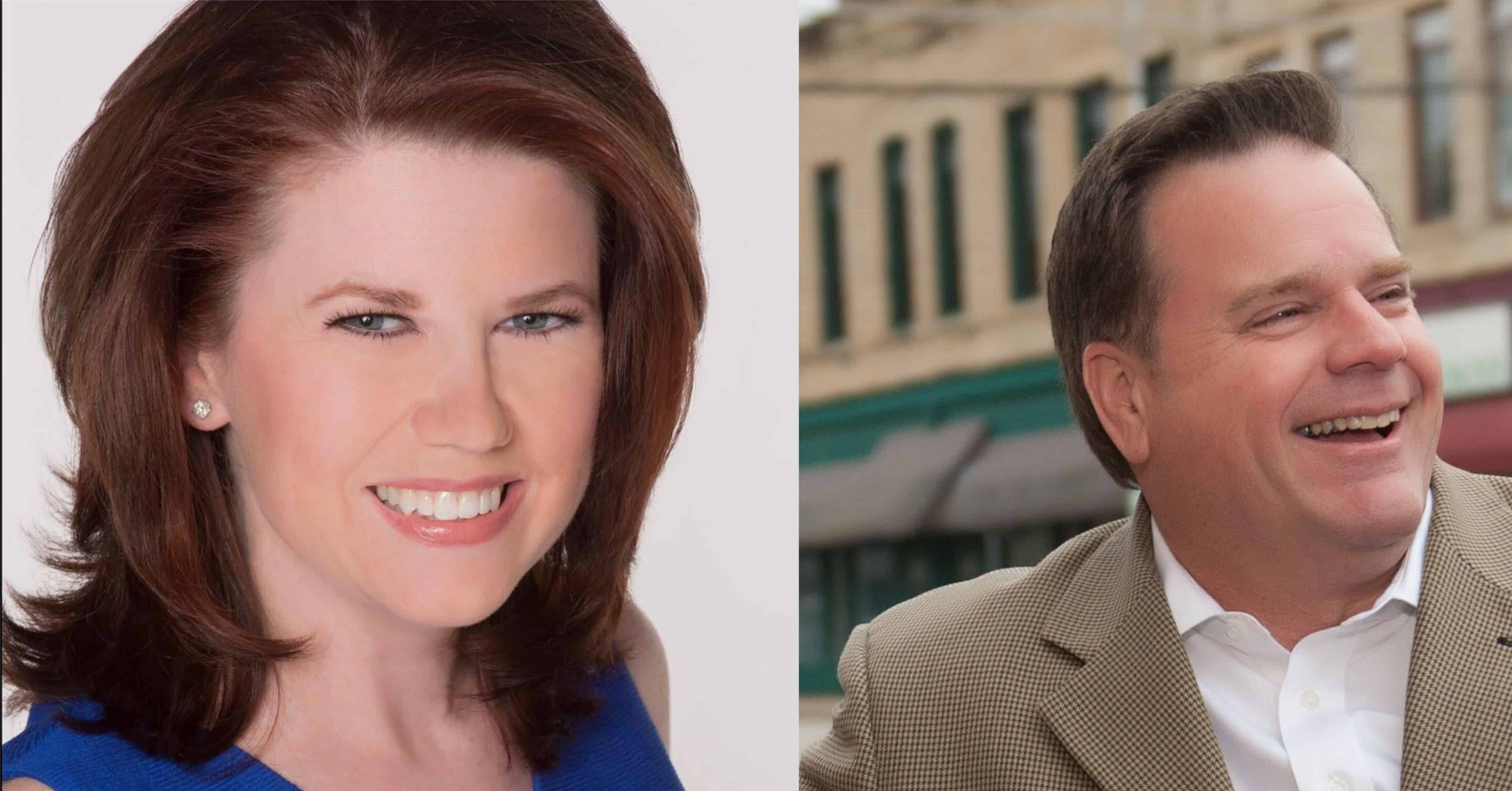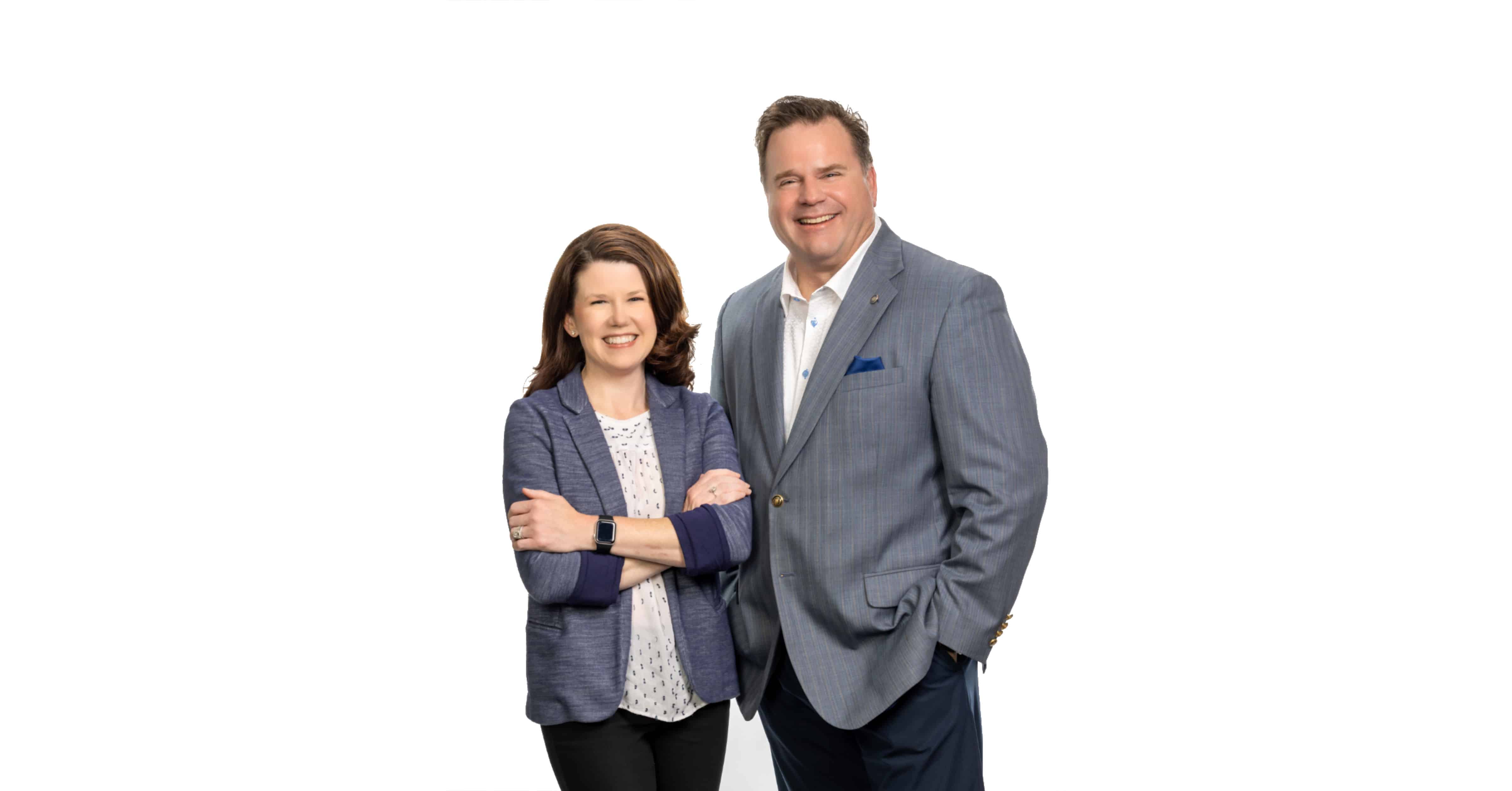Ask any all-star athlete the secret to their success and they will tell you – focus. This past weekend at The Masters in Augusta, Georgia, Tiger Woods initiated his triumphant return to professional golf. During his post-round interview after he finished the tournament, Woods used the word “focus” several times to describe to the interviewer what his secret was in returning to competitive golf after such a devastating automobile accident.
Life is similar to a sport, perhaps a marathon race. It is difficult for many of us to see the long-term impact of initiating and maintaining a savings plan from age 20 to age 67. As my dad often used the “stick and carrot” analogy, the younger investors can’t taste the carrot due to the overwhelming length of the stick. For those that can maintain the zeal for living a life prepared for unexpected instances that require substantial resources, success is often the outcome.
Younger people look at me with disbelief when I explain the power of compounding to them. To paint the picture in a manner that “shortens the stick and sweetens the carrot”, I ask them to look at their investment account every six months. One of the first statements they utter is “Wow! Look how much I saved and I didn’t miss the money.” Albert Einstein, the great physicist, was credited with a quote about compound interest: “Compound interest is the eighth wonder of the world. He who understands it, earns it. He who doesn’t, pays it.”
To create a system of focus pertaining to your finances, it is critical that you automate as much of the process as possible. For example, if you are participant in an employer-provided retirement plan, your investment funds will be automatically deferred from your paycheck and invested in the manner you direct your employer. This is a simple method of automating your savings and also receiving consistency in the process.
If you work in a company that does not provide an employer plan, you can accomplish the same automation with an ACH (automated clearing house) election. This process works very similarly to that of your employer election. By filing a form with your wealth advisor to transfer a certain amount of money at a fixed frequency, you will not be required to physically write a check, prepare an envelope or worry about finding a stamp to mail the deposit. Your life will be much simpler from an investment standpoint and you can worry about things such as fishing, golf or running.
If you wish to automate your savings for retirement, it is critical that you have a plan in place to accomplish your goals. See the advice and create a plan for your future by visiting a CERTIFIED FINANCIAL PLANNERTM professional. Take control of your future and you will enjoy less stress in life. See you on the pickleball court!




